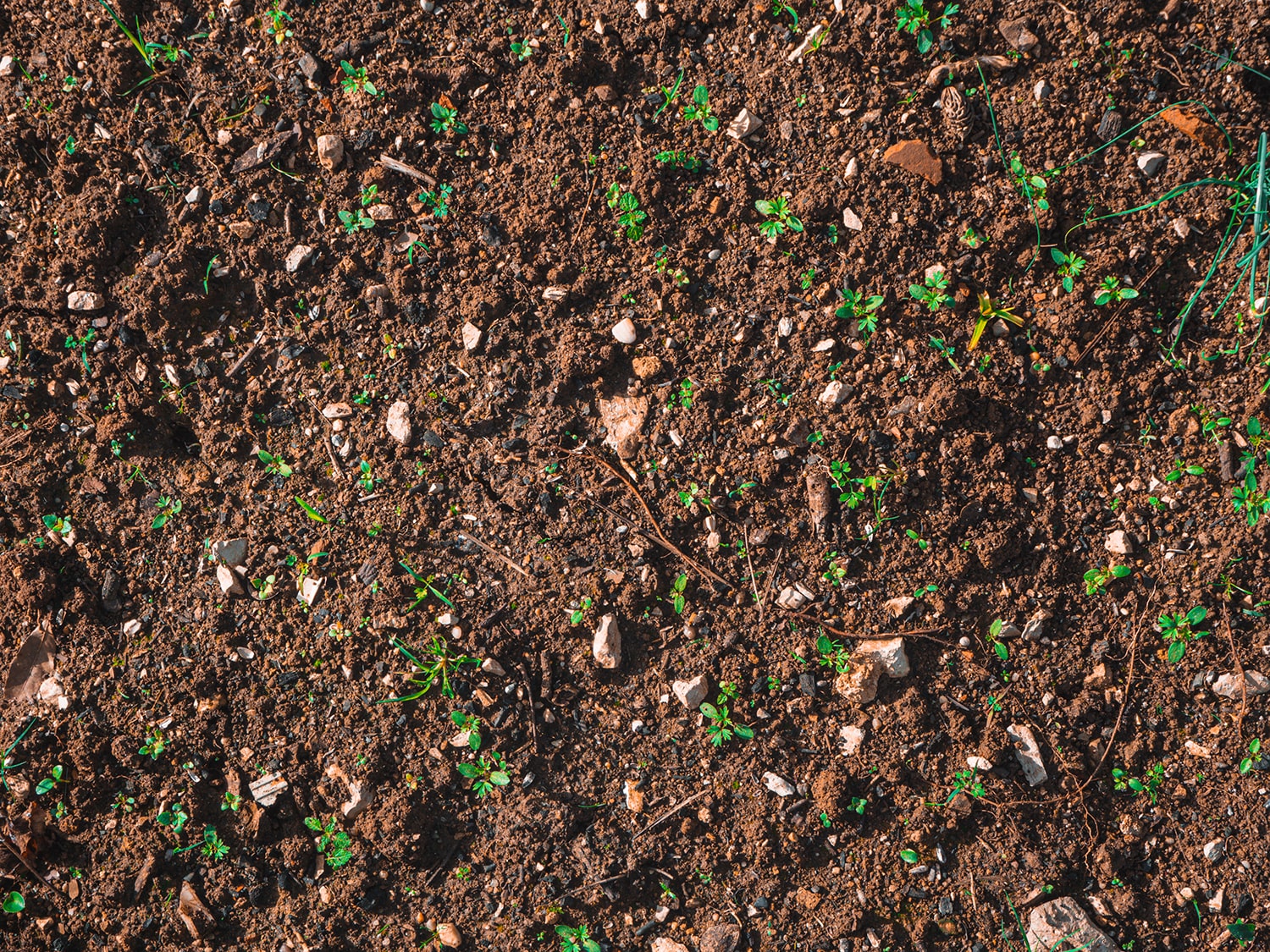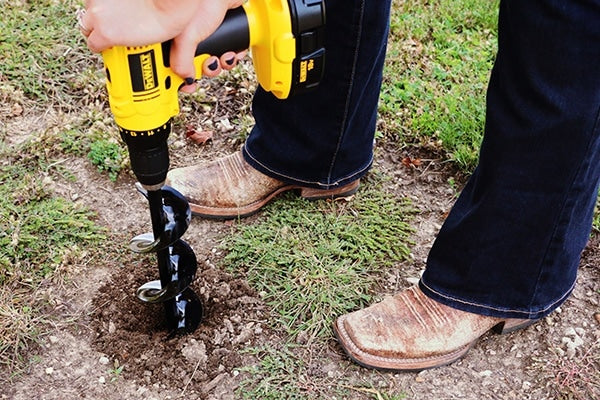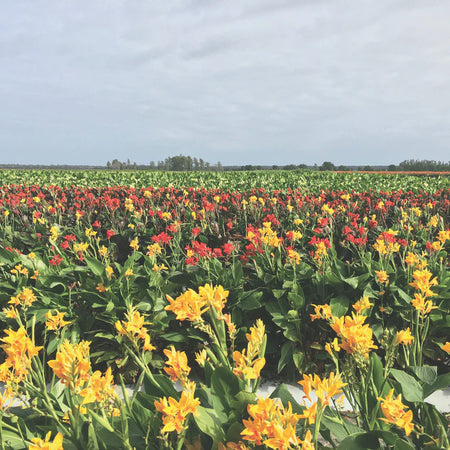Healthy soil is key to a lustrous, thriving garden. But you have to make sure you choose the right soil matter for your garden. So, when it comes to compost vs. mulch, which do you choose? How are they alike and different?
First, let’s answer a few basic questions.
What is compost?
Compost is decomposing organic material, such as kitchen scraps, coffee grounds, leaves, and manure. It needs to have the right blend of both green (rich in nitrogen or protein) and brown (carbon or carbohydrate) material. You can use an auger to blend and aerate these materials, making sure to keep the ideal ratio of two parts brown to one part green. Compost also needs to be 40 to 60% water to properly break down organic wastes and turned monthly to control odor and circulate oxygen.
Not only is composting environmentally friendly but it also helps enrich soil and curb diseases and pests. That said, you should never use compost in lieu of fertilizer, which contains nutrients compost alone can’t provide. Instead, think of compost as more of a soil amendment or enhancer you mix into the earth to improve soil and plant health and reduce landfill waste.
Another thing to keep in mind: Just because an item is biodegradable and can break down into smaller parts doesn’t mean it’s also compostable. It needs to be able to offer nutrients to the soil and plants as well.
What is mulch?
Mulch is any material used to cover soil, such as wood chips, softwood bark, pine needles, grass clippings, straw, and rice. While all compost is organic material, mulch can also be synthetic, like rubber and plastic sheeting. Mulch can even be made of natural, non-biodegradable materials like crushed seashells and gravel.
Many people use mulch because it’s aesthetically pleasing. Like compost, it also offers other benefits: as it covers garden bed soil, it also controls weeds and helps soil retain moisture, reducing time spent on pulling weeds and the amount of water you need to use.
How to make mulch
Though you can buy mulch at most garden centers, you can also make your own. All you need is a bin and the materials you’d like to include.
First, decide how much time and money you’d like to commit to the job. For example, while leaf mulch is free, it takes time to gather leaves and mow over them. On the other hand, if you’d like mulch composed of branches and bark, you need a wood chipper.
It’s also important to do some research to avoid making a batch that’s not ideal for your yard. If you want to make mulch out of your grass clippings, for instance, you need to ensure your grass is pesticide-free, so it won’t wreak havoc in your garden. (Contact your county extension office for more information.) You also can’t lay damp grass clippings atop your soil because they’ll limit the amount of oxygen and moisture that enters the soil. Dry the clippings out for a few days until they’re slightly brown.
Compost vs. mulch — which is better for your garden?
It depends on what you’re trying to accomplish.
If your soil lacks nutrients, compost is better for your garden. It’s an easy, free way to enhance your soil’s health, improve its overall structure, and help plants grow faster.
If your garden is overgrown with weeds or struggling to retain moisture, you should consider mulch — either buy a couple bags or make your own at home.
But for optimal results, you don’t have to make a hard and fast compost vs. mulch decision. You can use both. Just cover the soil with compost first, mixing the two together with an auger. Then, spread the mulch on top of the compost to simultaneously prevent weed growth, reduce erosion, and improve soil quality. This method gives you the best of both worlds and enables you to have a stunning garden that’s as healthy as it looks.







